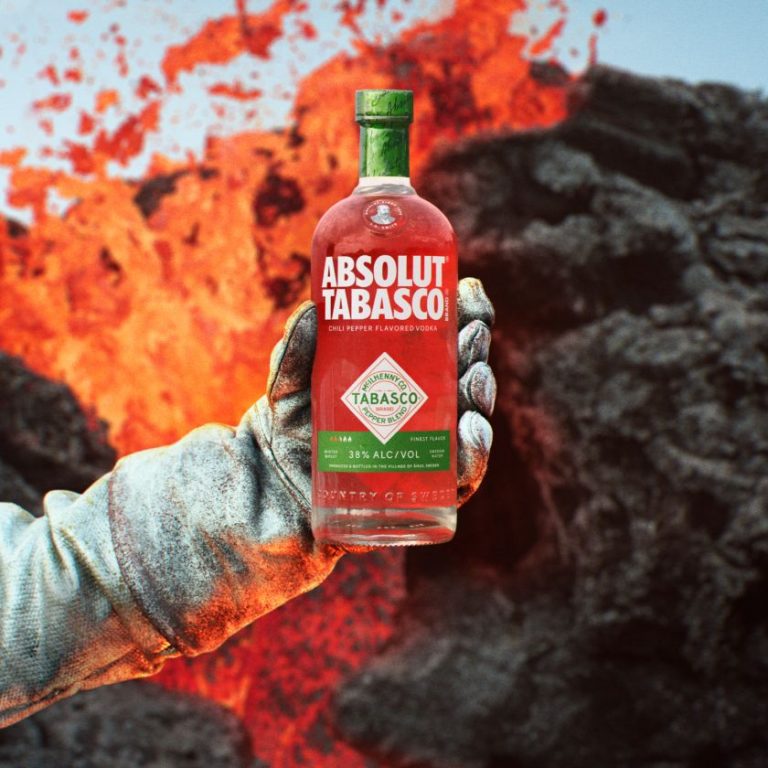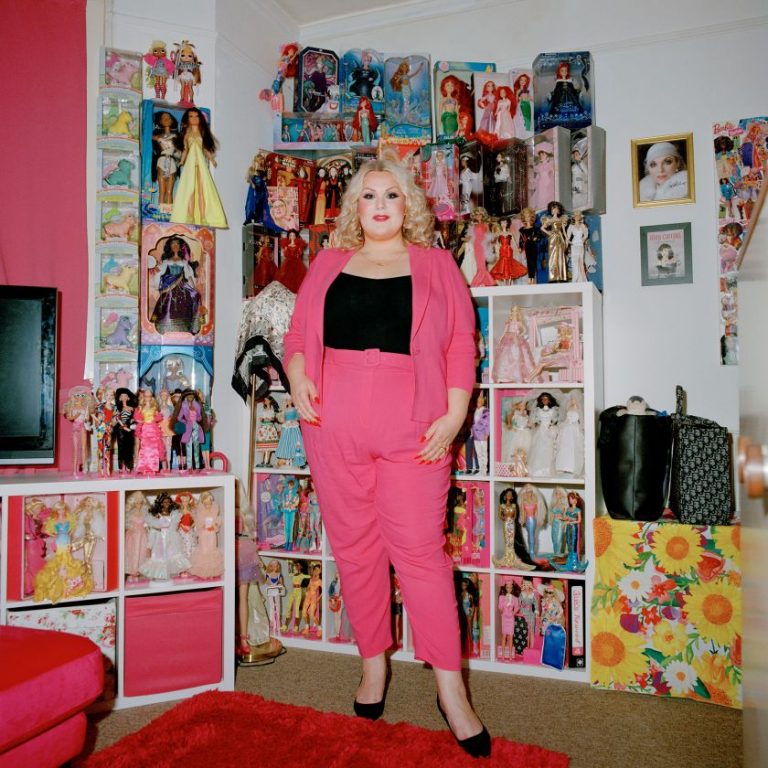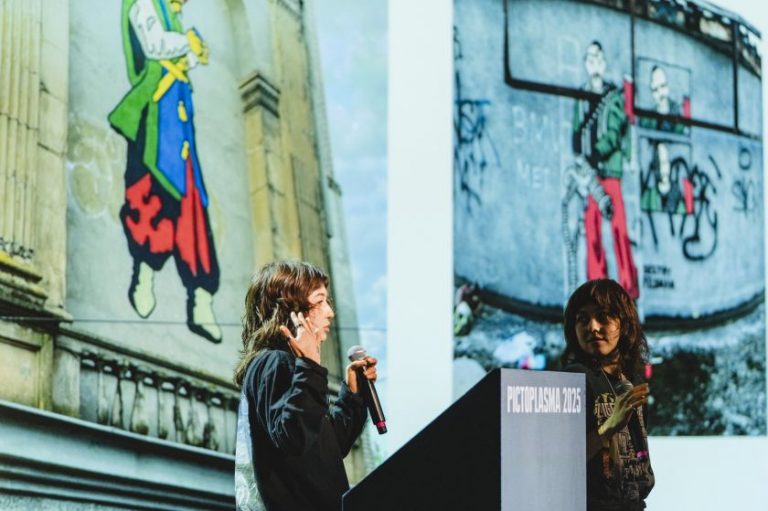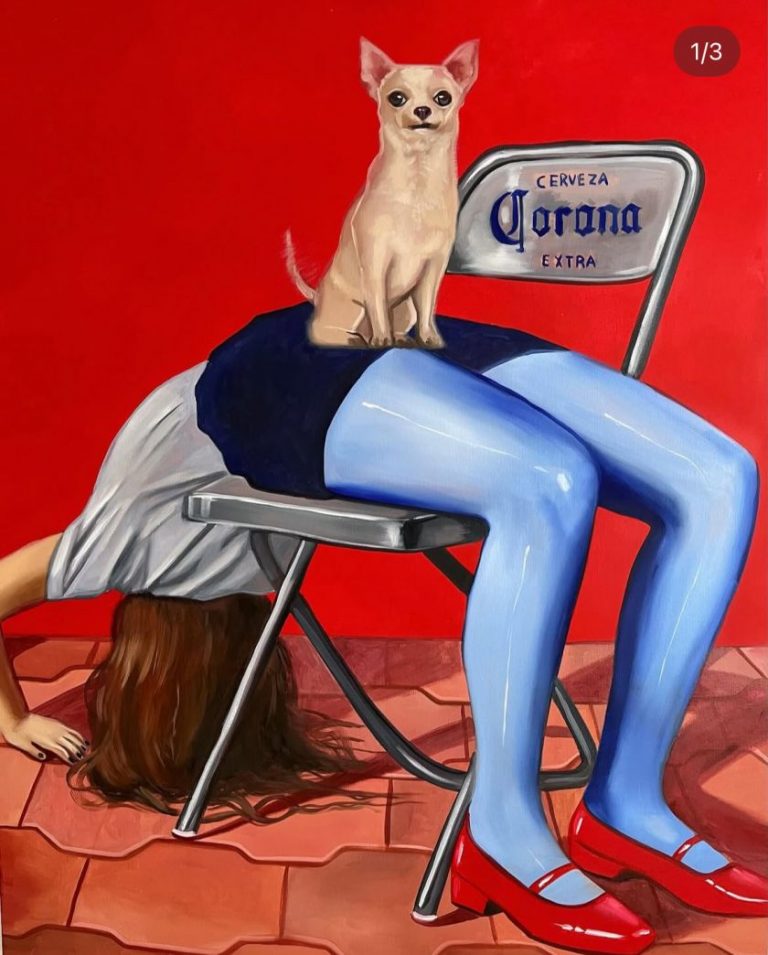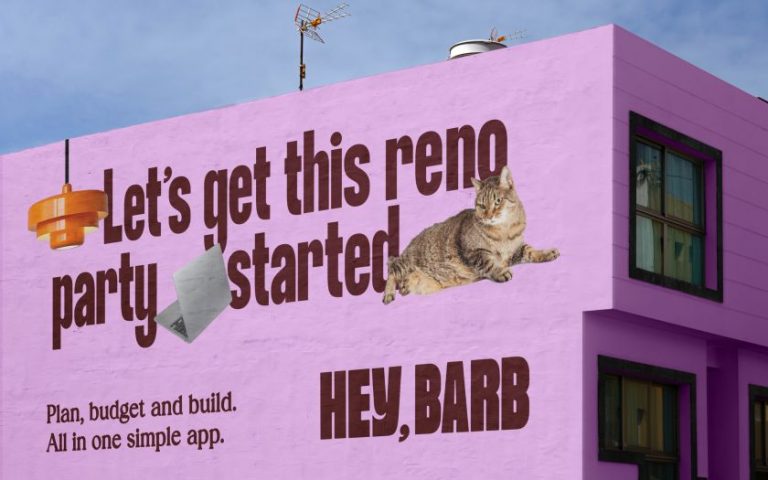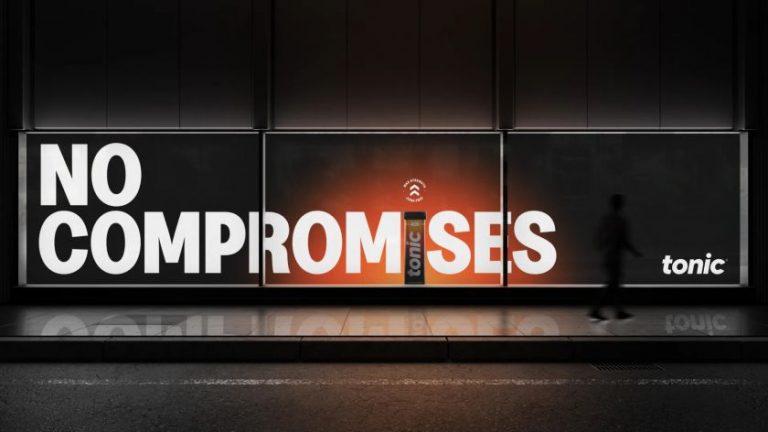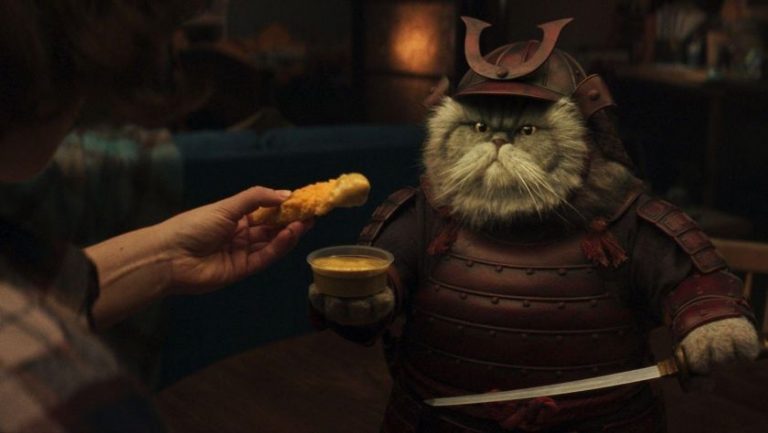As part of our Financial Transparency theme, we speak with Jess Dimcevski, founder of Blurr Bureau, about pay disparity, the power of financial planning, and why investing in your team and your values is just as important as profit.
Jessica Dimcevski is the founder and creative director of Blurr Bureau, a global brand-building agency and venture studio recognised for pushing boundaries and redefining the creative partnership model. With over a decade of experience at top strategy and innovation agencies in New York and Melbourne, Jess has worked with global giants such as Nike, PepsiCo, and HelloFresh, while also championing challengers like The Department of Bed Intentions, Society De La Rassi, and Heaviko.
But beyond the creative work, Jess is passionate about building a model that’s financially sustainable, human-first, and grounded in trust. In this edition of Women in Creativity, part of our Financial Transparency theme, Jess reflects on navigating pay gaps, pricing confidently, and why even the “less sexy” projects are worth their weight in gold.
How did you learn to navigate pricing, salaries, or negotiations in your field?
Salaries: I’ve been fortunate to have worked in the industry for a decade before starting Blurr, so I’ve a general idea of what price range each role falls within. But for more accurate and current data, I turn to recruiters for advice. Having a great relationship with a great recruiter who also values transparency and long-term relationships is key. Those who have been hired for that role before in my industry and for companies of our size and market presence. I send them profiles of people I’m considering hiring, along with their feedback on the salary range to offer, to ensure that what I offer is both market rate and appropriate for their skill set.
Navigating pricing and negotiations has been a learning curve throughout my career, both personally and now as the founder of an agency. Discussing money, especially as a woman, can still feel taboo at times, even in 2025. Society tends to be more critical of women when it comes to discussions around pricing, earnings, and profit, while men generally face less scrutiny or more acceptance. But now, after years of negotiation, it’s something I’m more confident with – every conversation uncovers a new learning opportunity.
What plays into all of this? Forecasting financials! In this industry, it can be a challenging field. Projects can come and go in waves, especially in this climate, where things are more unpredictable than ever. This is when knowledge truly is power; the more you understand about your financial situation (as a founder) and your business, the more confident and strategic you can be in making decisions. This helps us when we’re considering investing in a brand financially, as well as when hiring and negotiating.
Some of my biggest lessons have been the importance of transparency with both clients and my team and the value of investing time in financial planning and mentorship. You have to invest in yourself; no one else will do that for you.
Have you ever experienced pay disparity or financial challenges in your career?
Like many women in the creative industry, I’ve encountered pay disparity—it’s an ongoing issue that persists across the field. As a founder running an agency, this challenge becomes even more apparent when speaking with other female founders, especially those navigating the fundraising landscape.
Inc. recently shared some eye-opening stats for IWD: While male and female-founded companies have followed similar growth patterns in deal value and count, female-founded companies received just 20% of total funding and 25% of deals. For all-female teams, those numbers plummet to a staggering 1% of VC funding and 6% of total deals in 2024.
This creates a cycle of inequality; female founders raise less, which limits their access to high-quality branding and production, ultimately weakening their ability to stand out and succeed in an already competitive market. Do I think this stops women? Absolutely not! Women will always prevail, and I hope to see VC firms push for more equality in the market.
What’s the best piece of financial advice you’ve received as a creative professional?
Know your worth, be reasonable and back up your requests with examples.
An ex-boyfriend of mine asked for a raise 3 times in 18 months, until he got it. He wasn’t afraid to ask for what he felt he was worth. And with every rejection, he kept track of his wins for the business in the lead-up to back up his case. Women can sometimes devalue themselves out of a fear of coming across as demanding or difficult, or the classic – caring too much about what people think of us – due to societal pressures to ‘be nice’. We can give a lot, without keeping track. It’s admirable in day-to-day interactions, but in business, keeping track of your wins and impact helps strengthen your case.
Alongside your wins, be reasonable and keep track of the ‘losses’. Work on the things you can improve. This will help you see both points of view – from the business perspective as well as your own, and will help you prepare for negotiation with empathy.
I consider myself a reasonable person. So, going into negotiations, I go in with the mindset of “If I can convince myself, I can convince anyone.” Going into financial negotiations with a plan. Take the time to think two steps ahead and plan for as many outcomes as possible, so you’re prepared; you know what you’re willing to negotiate, and what’s off the table. Giving you the best chance at not being caught off guard. If you are caught off guard, ask for more time to think about a response. Don’t be pressured into an answer on the spot or whilst emotions are heightened.
How do you balance making a living with doing work that feels meaningful?
Balancing financial sustainability with meaningful work is an ongoing challenge for any small studio. The reality is, the most creatively exciting projects don’t always come with the biggest budgets. We work with so many incredible founders at the start of their branding journey, often with tight resources, especially female founders who statistically receive far less funding. Supporting them and adding value to the brand their building isn’t just about the creative work; it extends to being their thought partner on everything from: asking the right questions in research and early stages to get the right insights, how to invest what they have financially (based on what we’ve seen work in the past) for marketing spend. And looping them in with our contacts in the industry for legal, trademark, and advertising experts, etc.
At Blurr, my goal is to ensure our team feels creatively fulfilled and aligned with our shared values while also keeping the business thriving. I’m a big believer in investing in your team for the long run.
Fortunately, our bureau model enables us to scale resources up and down as needed, alongside my core team. I’m a conservative hirer because I want to grow Blurr sustainably. We test roles with freelancers first before hiring them full-time.
And when things are slow, the core team get to mix things up – working on things they wouldn’t usually – whilst still utilising their core strengths. I believe this will ultimately benefit the business in the long run, when things pick up and it’s time to grow again. I hire with this attitude, looking for people who can adapt to the business as it ebbs and flows, and not let their ego get in the way.
Not every project will be glossy, award-winning work, but I believe all of it has value. One of our cultural values is ‘Every project is a win’. We don’t play favourites. All agencies have projects that keep the lights on, and we truly view every project with the same amount of sparkle. And I don’t just say that. We have a proven track record of consistently over-delivering for even the smallest clients and projects. From small sprints to labour of love, we are equal opportunists to all projects, big and small.
The less ‘sexy’ projects often give us the freedom to invest in what fuels our creativity – attending inspiring conferences, taking on passion projects, or even just being able to wine and dine with the team and our clients to connect and celebrate – a bonus that comes with working with partners in the hospitality sector! There’s magic in those moments, too, and that’s just as important as the work itself.
Another cultural value of ours that leads to meaningful work is taking ‘Opportune Risks’. Business can be a little blurry. We focus on identifying the right opportunities and inspiring our clients to take calculated risks that benefit their brand. We also follow this with the founders/brands we invest in at Blurr.


